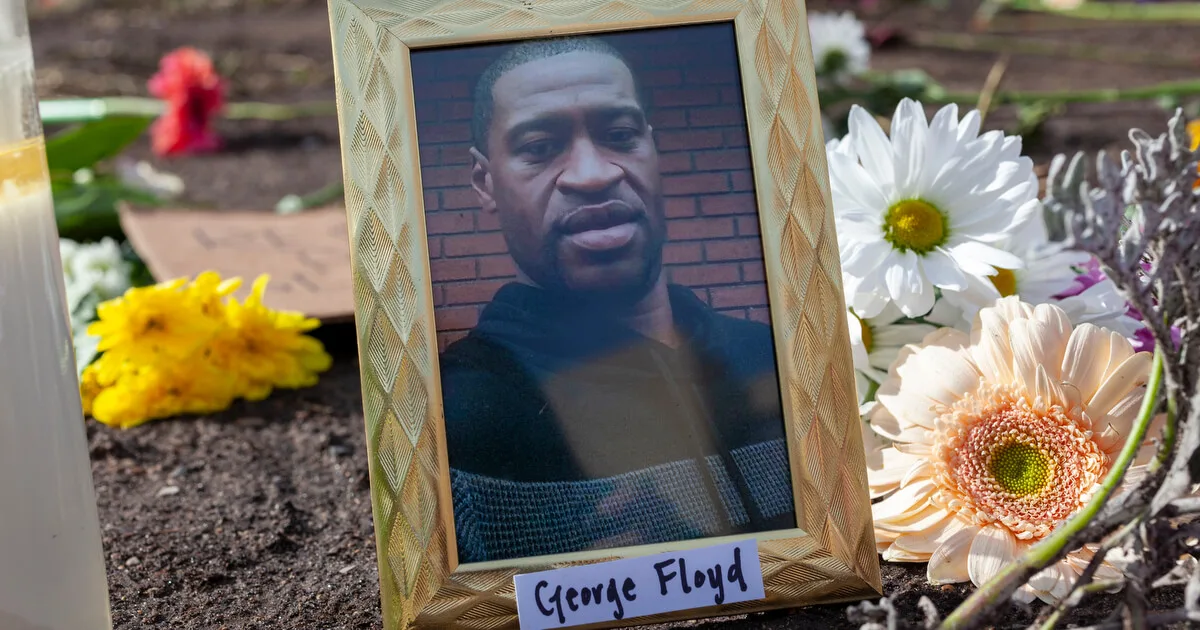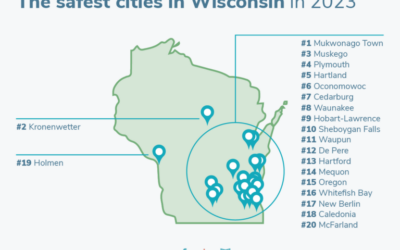
#image_title
A three-month study turns up 10 key policy changes.
Racine Mayor Cory Mason on Tuesday presented findings and recommendations from the city’s task force on police reform that met six times from July to September.
Broadly, the task force recommends revising the Racine Police Department’s use-of-force policies, expanding citizen oversight of the police, and improving public transparency and communication.
Racine was among the first cities in Wisconsin to take action on police reform after George Floyd’s murder by Minneapolis police; the task force was formed in June in response to former President Barack Obama’s Reimagining Police Pledge. Local activists, business owners, politicians, and law enforcement officers sat on Racine’s task force, and the group also hosted a series of virtual community conversations and ran a survey of about 1,200 city residents.
“We really needed to have this conversation,” Mason said. “I think every community in the country needs to have this conversation.”
The August police shooting of Jacob Blake just 10 miles south in Kenosha only served to underscore how close to home issues of police violence and brutality can hit, Mason said.
The task force found that Racine police have made more than 1.5 million citizen contacts since Jan. 1, 1999. Of those, 1,856, or about 0.1% have resulted in use of force, and just three of those incidents have resulted in an officer killing someone. The most recent killing was that of 26-year-old Donte Shannon, a Black man, in January 2018; Racine County District Attorney Tricia Hanson didn’t charge the officers and found they acted in self-defense.
However, the department’s uses of force at large have disproportionately been against Black people, who have been at the receiving end of 67% of the use of force incidents, despite being about 23% of the city’s population.
Just 42% of Black survey respondents said they have a positive attitude toward Racine police, while 45% said they have a negative attitude toward the department. A third of all respondents said people of color do not receive fair treatment from police, and 12% said they had been personally profiled by Racine police.
Sixty-four percent of survey respondents agreed or strongly agreed that Racine’s nationally renowned Community Oriented Policing (COP) model is a good way to strengthen police-community relations. Unlike traditional models that simply increase patrols, the COP program, started in 1994, assigns officers to work full-time out of rehabbed city-owned houses in high-crime neighborhoods.
Violent crime has plummeted by between 56% and 90% in the program’s four original neighborhoods. In the neighborhoods that hold the four “COP Houses” originally established in the mid-90s, violent crime has plummeted by between 56% and 90%.
But, Mason said, the city cannot stop with the COP model.
“There’s always room for improvement, review, and reform, even in the best police departments,” Mason said.
Among the task force’s recommendations is the implementation of the so-called #8cantwait policies that provide a roadmap for police departments to reduce violence. Those policies include banning chokeholds and strangleholds, prohibiting officers from shooting at moving vehicles, and requiring de-escalation training.
The Racine Police Department has a formal policy in place for two of the eight provisions, but the department practices all of them except for banning gunfire toward moving vehicles, the task force found.
Another recommendation is to form a citizen review board to improve officer accountability, a move supported by 64% of the public survey’s Black respondents. Currently, only the city’s Police and Fire Commission can discipline or fire police officers.
“The reality is that we’ve had a Police and Fire Commission that has done a lot of [hiring and promoting], but very little [disciplining or firing], with fewer than a handful of complaints coming before the Police and Fire Commission in the better part of 15 years,” Mason said.
A handful of other communities in Wisconsin are making progress on police reform as well, including Wausau and Eau Claire.

Multiple deaths in shooting at Abundant Life Christian School in Madison
The suspected shooter, a juvenile, is thought to be among those killed. At least six others have been wounded, as well. NOTE: This is an active...

FBI figures show 15% drop in violent crime in 2024
During the first quarter of 2024, there’s also been a 13% drop in aggravated assault, according to the FBI. Murder and rape both decreased by about...

Celebrate Wisconsinbly: A guide to the state’s weird alcohol laws
Did you know that the average Wisconsinite enjoys 634 drinks per year? That’s nearly 150, or an entire keg, more drinks than the national average....

Wisconsin Democrats propose new gun safety measures on campus
A new bill would allow firearms to be banned campus-wide rather than building by building. Saying current rules don’t go far enough to assure safety...




